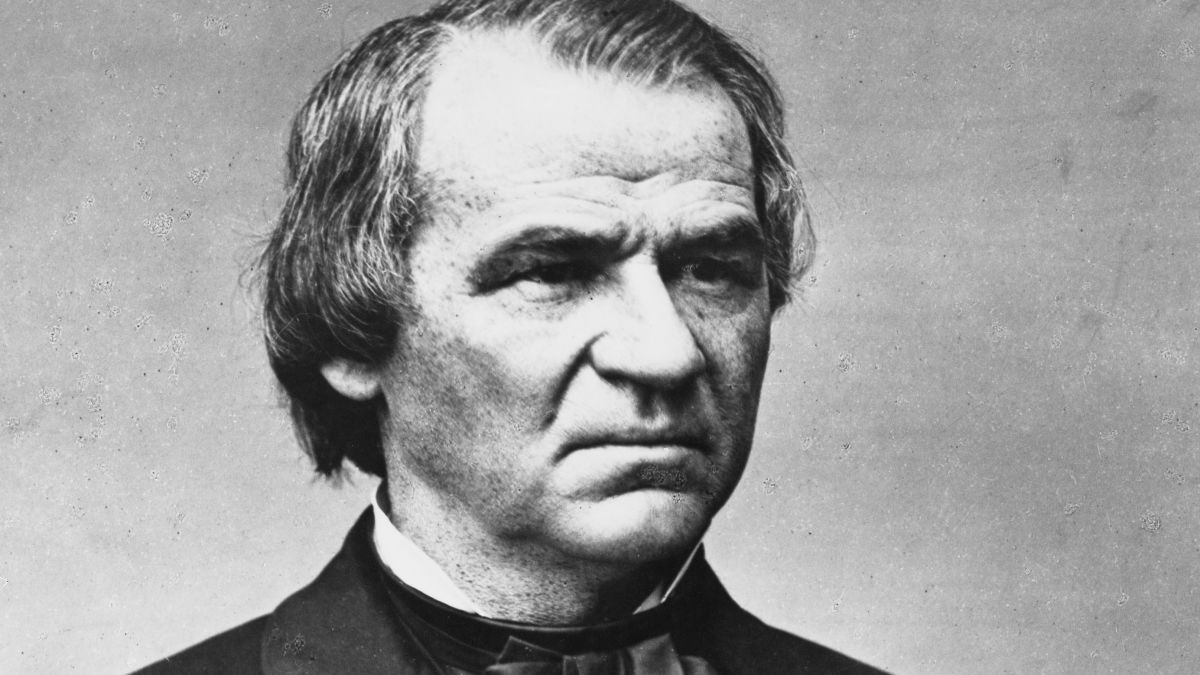About Publications Library Archives
heritagepost.org

Preserving Revolutionary & Civil War History

Preserving Revolutionary & Civil War History

Author: Mary Y. Prentiss
Date:1865
Annotation:
The 1864 presidential election was one of the most critical in American history. At stake was whether the war would end in unconditional surrender or a negotiated settlement, which might result in the preservation of slavery as a legal institution. Even though hundreds of thousands of slaves deserted to Union lines during the war, it is not at all inconceivable that slavery could have survived if the President had not been committed to emancipation. During the American Revolution a third of Georgia’s slaves had been freed by the British, and tens of thousands of Virginia’s slaves had escaped bondage. Nevertheless, slavery survived the revolutionary upheavals in the South, and soon began to flourish and expand. Similarly, slavery was temporarily reinstituted by the French in St. Domingue and greatly expanded in Guadaloupe, Martinique and other colonies despite the Haitian Revolution and the French emancipation decree of 1794.
In August 1864, Lincoln expressed his view in moving words. Observing that over 130,000 blacks were fighting to preserve the Union, he said that they were motivated by the “strongest motive…the promise of freedom. There have been men who proposed to me to return to slavery the black warriors. I would be damned in time & in eternity for so doing. The world shall know that I will keep my faith to friends and enemies, come what will.”
Deeply anxious about the election’s outcome, Republicans and pro-war Democrats formed the National Union Party, which renominated Lincoln and selected Andrew Johnson (1808-1875), a former Democratic Senator from Tennessee, for Vice President. Johnson replaced Lincoln’s first Vice President, Hannibal Hamlin (1809-1891), a former U.S. Senator from Maine. In this letter, a young woman suggests how some ardent Republicans viewed Johnson.
Document:
All the senators are more anxious to have Mr. Lincoln live than they ever were before. People say they wanted Lincoln and Hamlin [Lincoln’s first term vice president], but not Mr. Lincoln and Johnson….
Of course you have heard of the shocking condition that the vice president was in when he took the oath. He was too drunk to preside in the Senate Monday or Tuesday.
Source: Gilder Lehrman Institute
Additional information: Mary Y. Prentiss to her friend or sister